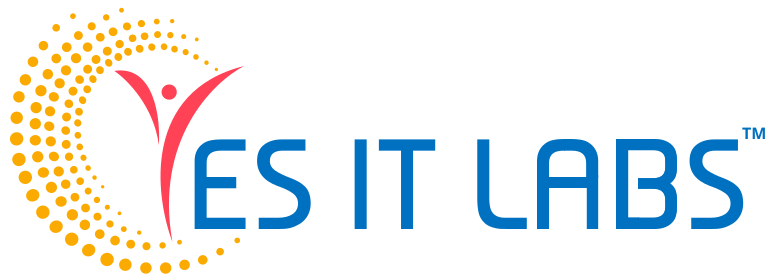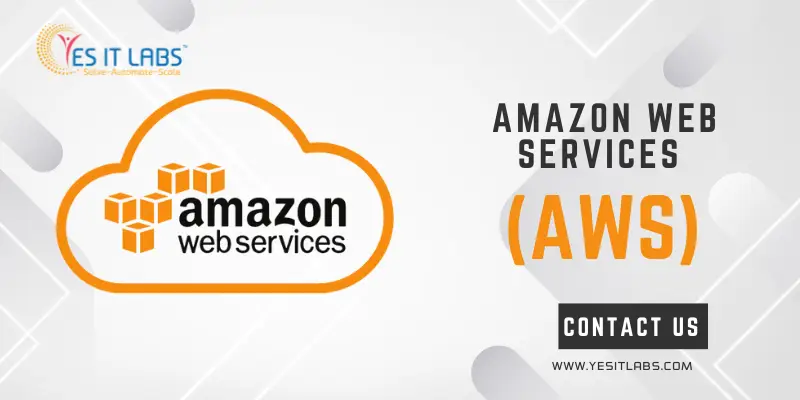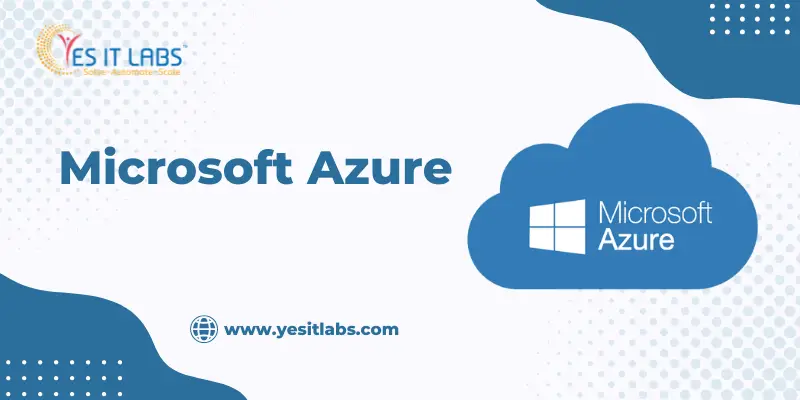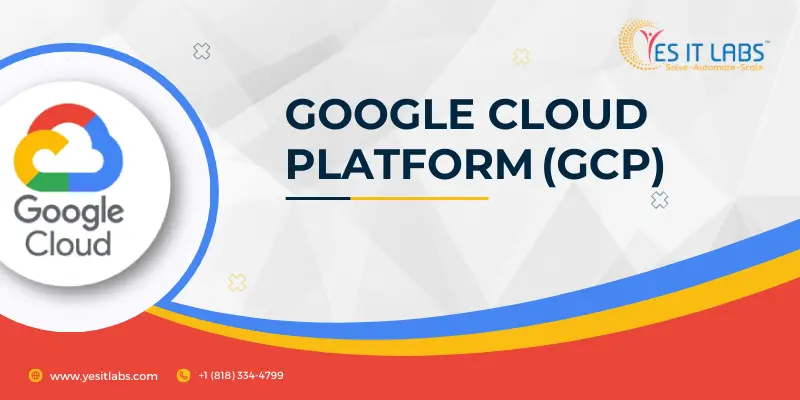In the contemporary digital landscape, where agility, scalability, and innovation reign supreme, the cloud has emerged as the cornerstone of modern IT infrastructure. With its promise of on-demand resources, flexible pricing models, and a wide array of services, cloud computing has revolutionized the way businesses operate and scale. However, with the proliferation of cloud providers in the market, selecting the right partner for your organization’s cloud journey can be a daunting task. Among the titans of cloud computing—Amazon Web Services (AWS), Microsoft Azure, and Google Cloud Platform (GCP)—which one deserves the crown as your cloud champion? Let’s delve deeper into each contender’s offerings and capabilities to help you make an informed decision.
Amazon Web Services (AWS):
Founded in 2006, AWS pioneered the cloud computing industry and remains the undisputed leader in terms of market share and global infrastructure. With an extensive portfolio of over 200 services spanning computing, storage, databases, networking, analytics, machine learning, and more, AWS offers unparalleled flexibility and scalability for businesses of all sizes and industries. From the ubiquitous Amazon EC2 for virtual servers to the highly scalable Amazon S3 for object storage, AWS provides a comprehensive suite of tools to meet the diverse needs of modern enterprises. Its global network of data centers ensures low latency, high availability, and compliance with regional data sovereignty requirements. Additionally, AWS’s pay-as-you-go pricing model allows organizations to optimize costs and align expenses with actual usage, making it an attractive choice for startups, SMBs, and large enterprises alike.
Microsoft Azure:
Launched in 2010, Azure has rapidly gained ground as a formidable competitor to AWS, leveraging Microsoft’s Azure extensive enterprise customer base and deep integration with popular software products such as Windows Server, SQL Server, and Office 365. Azure’s hybrid cloud capabilities, including Azure Stack for seamless integration between on-premises and cloud environments, appeal to organizations seeking to modernize their IT infrastructure while maintaining compatibility with existing systems. With over 100 services covering compute, storage, databases, AI/ML, IoT, and more, Azure provides a comprehensive platform for building, deploying, and managing applications at scale. Its strong emphasis on enterprise-grade security, compliance, and governance makes Azure a preferred choice for regulated industries such as healthcare, finance, and government.
Google Cloud Platform (GCP):
Introduced in 2008, Google Cloud Platform leverages Google’s expertise in data management, analytics, and artificial intelligence to offer a cutting-edge cloud solution tailored for modern businesses. GCP’s innovative offerings, such as BigQuery for real-time analytics, TensorFlow for machine learning, and Kubernetes for container orchestration, resonate with developers and data scientists seeking to harness the power of Google’s infrastructure and AI capabilities. With a global network spanning over 200 countries and territories, GCP delivers high-performance, low-latency connectivity to users around the world. Moreover, Google’s commitment to sustainability, with a goal to operate on 24/7 carbon-free energy by 2030, resonates with environmentally-conscious organizations looking to reduce their carbon footprint.
Key Considerations When Choosing a Cloud Provider:
Now that we’ve explored the strengths and capabilities of AWS, Azure, and Google Cloud, let’s outline some key considerations to help you make an informed decision:
- Services and Capabilities: Evaluate the breadth and depth of services offered by each provider, considering your organization’s specific requirements for compute, storage, databases, AI/ML, and other functionalities.
- Performance and Reliability: Assess each provider’s global network infrastructure, data center locations, and service-level agreements (SLAs) to ensure optimal performance, reliability, and disaster recovery capabilities.
- Integration and Compatibility: Consider how well each cloud provider integrates with your existing technology stack, including operating systems, databases, development tools, and third-party applications.
- Cost Management: Understand the pricing structures of each provider and how they align with your budget and usage patterns. Leverage cost calculators and monitoring tools to optimize spending and avoid unexpected charges.
- Security and Compliance: Evaluate the security measures, compliance certifications, and data protection mechanisms offered by each provider to safeguard your sensitive information and meet regulatory requirements.
- Support and Community: Consider the level of support, documentation, training, and community resources provided by each provider. Access to timely assistance and a vibrant user community can expedite troubleshooting and knowledge sharing.
Making the Decision:
Choosing the right cloud provider is a strategic decision that requires careful consideration of your organization’s goals, requirements, and constraints. While AWS, Azure, and Google Cloud are the frontrunners in the cloud computing race, there is no one-size-fits-all solution. Conducting a thorough assessment, engaging in proof-of-concept trials, and seeking input from stakeholders can help you identify the best fit for your business needs.
Whether you opt for AWS’s extensive service portfolio, Azure’s seamless integration with Microsoft products, or Google Cloud’s innovation in AI and analytics, the journey to the cloud promises enhanced agility, scalability, and competitiveness in today’s digital economy. By aligning your cloud strategy with your business objectives and leveraging the strengths of your chosen cloud provider, you can unlock new opportunities for growth, innovation, and success in the cloud era.
If you’re looking to harness the power of AWS, consider hire an AWS developers to streamline your cloud operations and maximize the benefits of AWS services. A skilled AWS developer can help you design, deploy, and optimize cloud-based solutions tailored to your specific requirements, ensuring a smooth transition to the AWS platform and ongoing success in the cloud.









